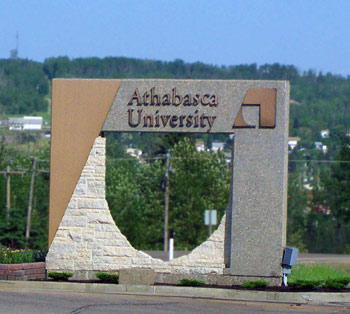 If you thought your social media platforms were the main culprits for gathering every modicum of personal information about your digital life, think again. It turns out that “Learning systems like Moodle and Brightspace store comprehensive log data about students’ and educators’ behaviours and actions.”
If you thought your social media platforms were the main culprits for gathering every modicum of personal information about your digital life, think again. It turns out that “Learning systems like Moodle and Brightspace store comprehensive log data about students’ and educators’ behaviours and actions.”
So, even humbler and bookish academic platforms like Moodle gather our data. To that end, and hopefully to an actual furtherance of educational needs rather than a further obfuscation of the fundamental drives of education: to improve reasoning, thinjking, and attention span skills, this research assistant will address several fascinating regions of inquiry. The goal here is to address, quantify, and elucidate ways in which online platforms enable or fail their participants and how students and tutors might be better encouraged to mutually succeed.
This research “focuses on identifying and providing intelligent information and recommendations based on (1) effective and ineffective behaviour patterns of learners (i.e., learning strategies); (2) effective and ineffective behaviour patterns of educators (i.e., teaching strategies); and (3) risk levels of learners for dropping out or failing a course.” All this mined information is part of a MERID program aimed at unproblematically identifying, predicting, and visualizing “complex information about users”. With the goal, hopefully, of increasing classroom attendance and scholarly success rate. Clearly, the timeless school fact of having to show up and pay attention remains a troubling concern here in the 20’s.
If you’re interested in this fascinating research realm, you are asked to submit your resume, transcript, and a cover letter that lists what tasks and interests pique you most. Along with this, the usual contact information for two references are required – all to be sent to Dr. Sabine Graf sabineg@athabascau.ca

